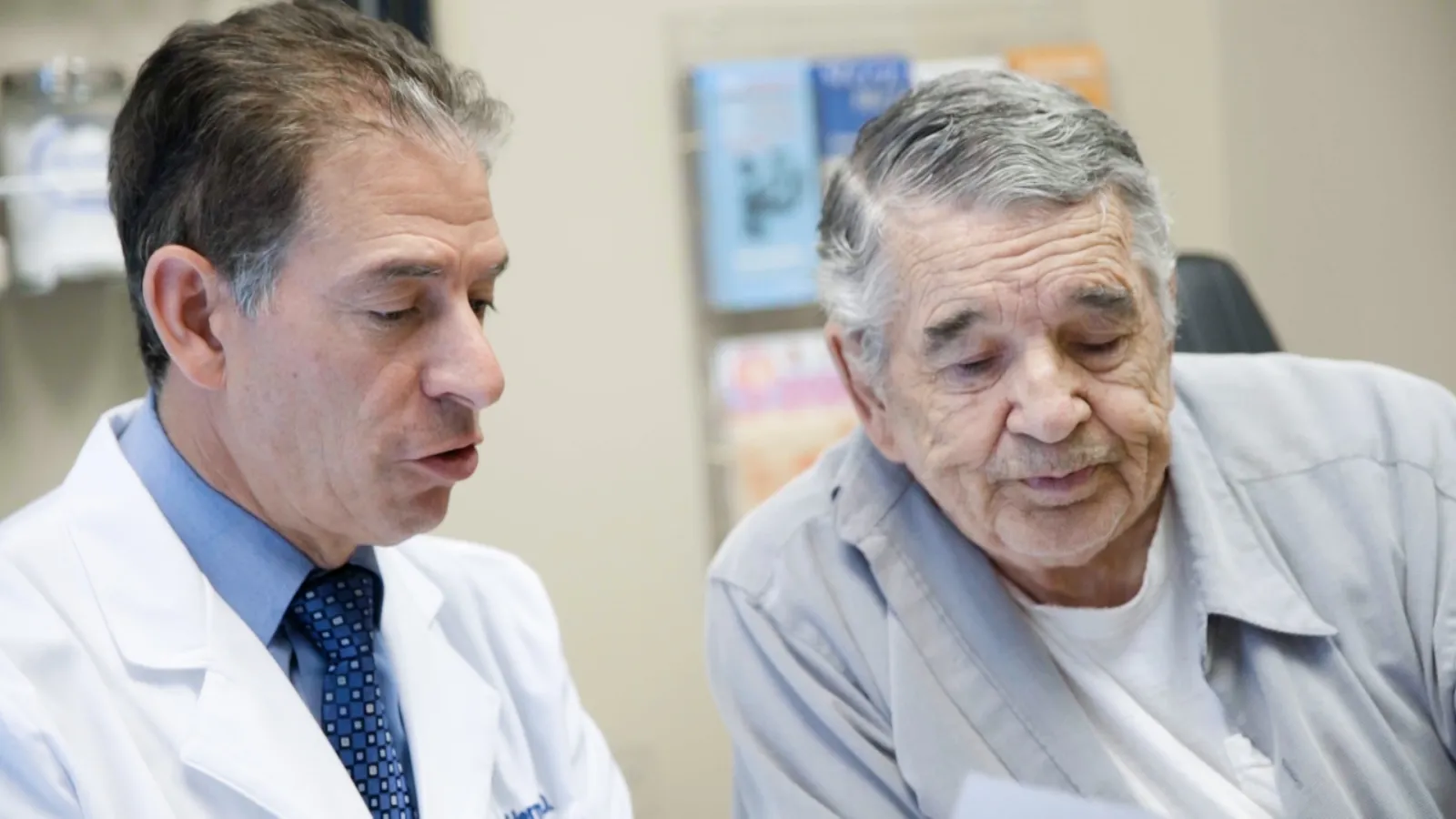Breathing is essential to life, and persistent sinus issues can significantly impact your overall well-being. If you've been dealing with sinus symptoms for more than three months without relief from standard treatments, it may be time to seek a second opinion.

Having underlying conditions such as nasal polyps or structural abnormalities in the nasal passages can also warrant further evaluation or a second opinion. Deciding whether sinus surgery is necessary depends on the severity and duration of your symptoms. Since most nasal and sinus surgeries are elective, determining when would you need sinus surgery can be a complex and personal decision.
Our physicians at ENT of Georgia South are ready to help treat your sinus symptoms or sinusitis with compassion and care. Reach out today and schedule an appointment.
What is Sinusitis?
If you've got a cold or runny nose that just won't stop, there's a good chance it could be sinusitis. Sinusitis is the inflammation and infection of the sinus cavities, which may happen due to asthma, allergies, tooth infections, weakened immune systems, or polyps in your nose. Some symptoms of sinusitis include:
- Headaches
- Nasal Congestion
- Facial or Ear Pain
- Fatigue
- Thick Mucus
- Bad Breath
When sinus symptoms last longer than twelve weeks, the condition is known as chronic sinusitis, or chronic rhinosinusitis. Treatments like nasal saline irrigation and steroid sprays often help manage the symptoms.
However, if these approaches fail to provide relief, surgery may be needed to address other underlying issues.
Is sinus surgery worth it? Consider your quality of life. If you're still suffering from chronic sinusitis even after medication and respiratory therapy, it may be time to consider a second opinion for sinus surgery. Struggling to breathe can significantly impact your quality of life and shouldn't be something you have to endure long-term.
How Do I Determine if Sinus Surgery is Needed?
Should I get sinus surgery? Sinus surgery should be considered a last resort, after all other restorative treatments fail to perform.
Taking preventative measures like avoiding smoke and allergy triggers, seeking treatment for persistent allergies, using humidifiers to moisten the air, and practicing cold or flu prevention with flu vaccines and regular hand washing are some first steps to take before considering sinus surgery.
If sinus infections persist despite practicing these preventive measures, the next step is to seek medical treatment from an ear, nose, and throat (ENT) specialist. This typically involves a course of therapy that may include several weeks of antibiotics, steroid medications, and regular use of nasal sprays and irrigations. If sinusitis symptoms continue despite these efforts, your doctor may order a CT scan to identify any underlying issues contributing to the ongoing infections.
Other Symptoms for Sinus Surgery
When would you need sinus surgery other than chronic sinusitis? Other common causes of chronic sinus issues that may require further evaluation or treatment include:
- Severely damaged sinus tissues that interferes with normal function
- Fungal infections or other structural problems that prevent proper sinus drainage
- Recurrent infections caused by bacteria, viruses, or fungi
- Chronic allergies that inflame and irritate the sinus passages
- A deviated septum, where the wall between the nostrils is crooked, restricting airflow and drainage
Is It Time For a Second Opinion?
If you're still wondering should I get sinus surgery, consider these factors in your decision making:
Longevity of symptoms: You're frequently congested, have trouble breathing through your nose, and have had persistent sinus symptoms for three months or more, or you experience recurring infections three or more times a year.
Nothing works: Despite using over-the-counter or prescription medications, nasal sprays, or undergoing multiple courses of antibiotics, your symptoms haven't significantly improved.
Complex health history: You have underlying health conditions that worsen sinus symptoms, such as sarcoidosis, recurrent nasal polyps, or cystic fibrosis.
Previous surgery did not work: Even after previous sinus surgery, your symptoms continue to return.
Minimally Invasive Surgical Options
One less invasive surgical option is balloon sinuplasty. This procedure uses a small, flexible balloon catheter that is gently inflated to widen blocked sinus passageways. This allows for better drainage and helps to relieve the persistent mucus buildup associated with chronic sinus infections.
Another minimally invasive option is functional endoscopic sinus surgery. In the procedure, one of our expert physicians at ENT of Georgia South will use a magnifying endoscope in the nostrils to identify and remove abnormal and obstructive tissues to reduce chronic sinus infections and restore sinus ventilation and normal function. Patients can expect only minimal swelling and mild discomfort from the outpatient procedure.
Our Physicians at ENT of Georgia South Are Ready To Help
Don't let your sinuses get the best of you. If you're having difficulty breathing due to chronic sinusitis or structural nasal issues, ENT of Georgia South offers expert diagnosis and treatment options tailored to your needs.
Whether through tailored medication prescriptions or surgical treatment, our team is dedicated to restoring healthy nasal function and relieving the discomfort caused by chronic rhinosinusitis.
Contact ENT of Georgia South today to ask for a second opinion, inquire about sinus surgery cost, and explore your treatment options with our team of dedicated ENT specialists.

